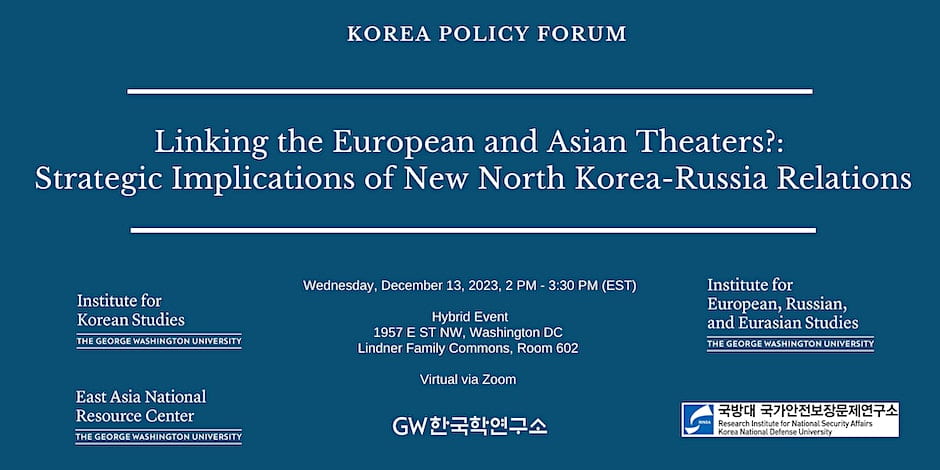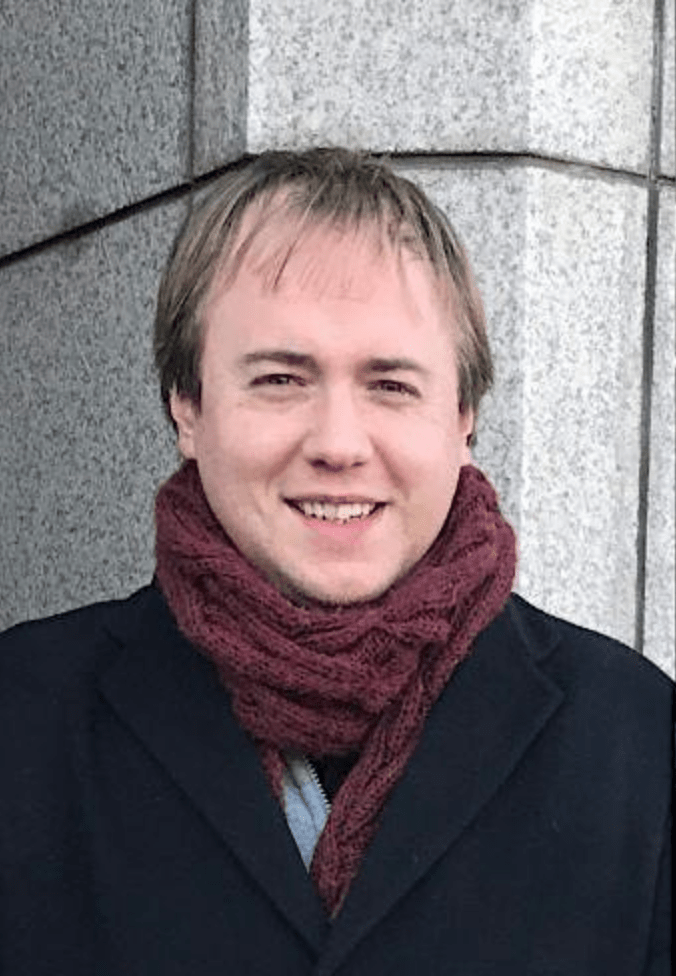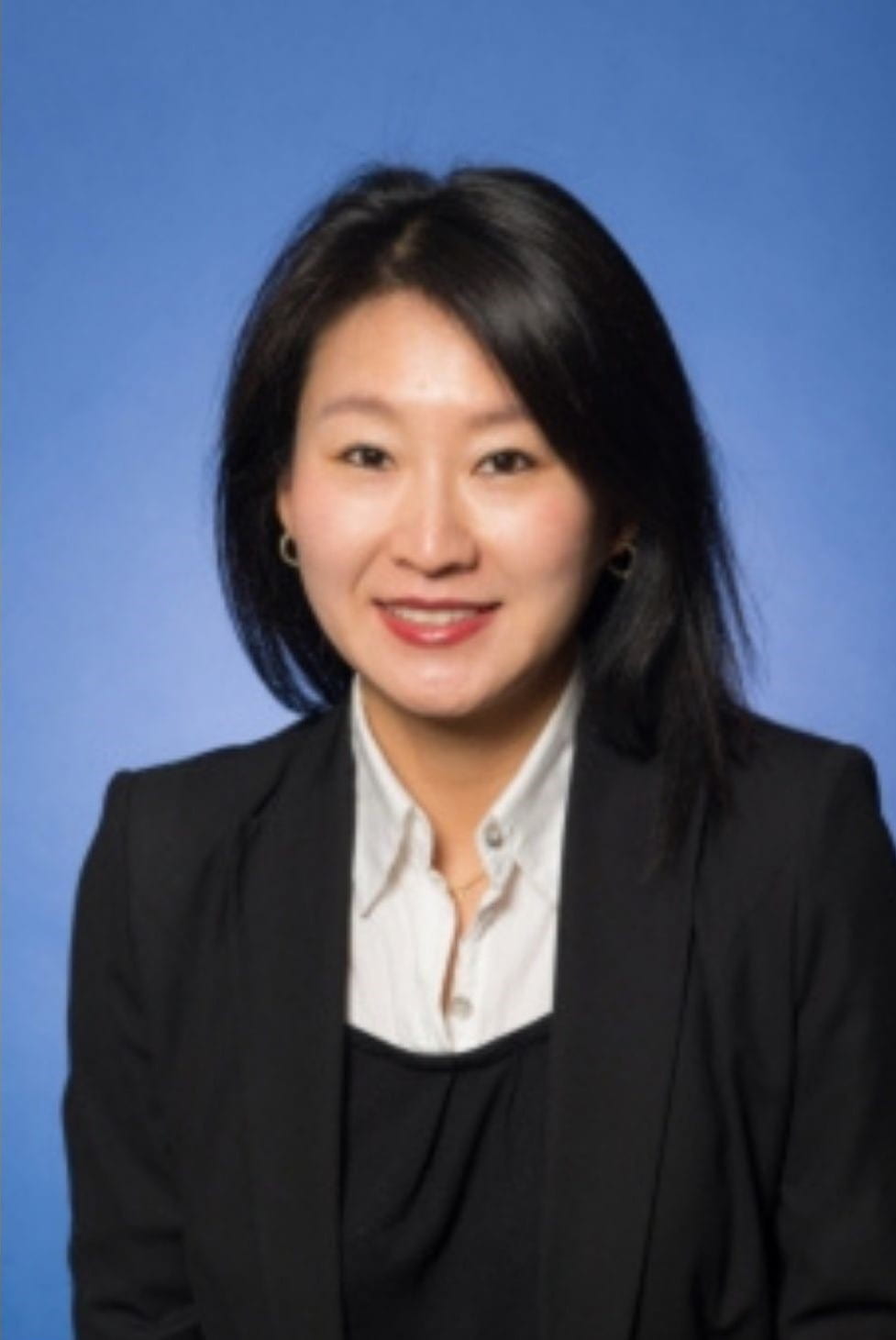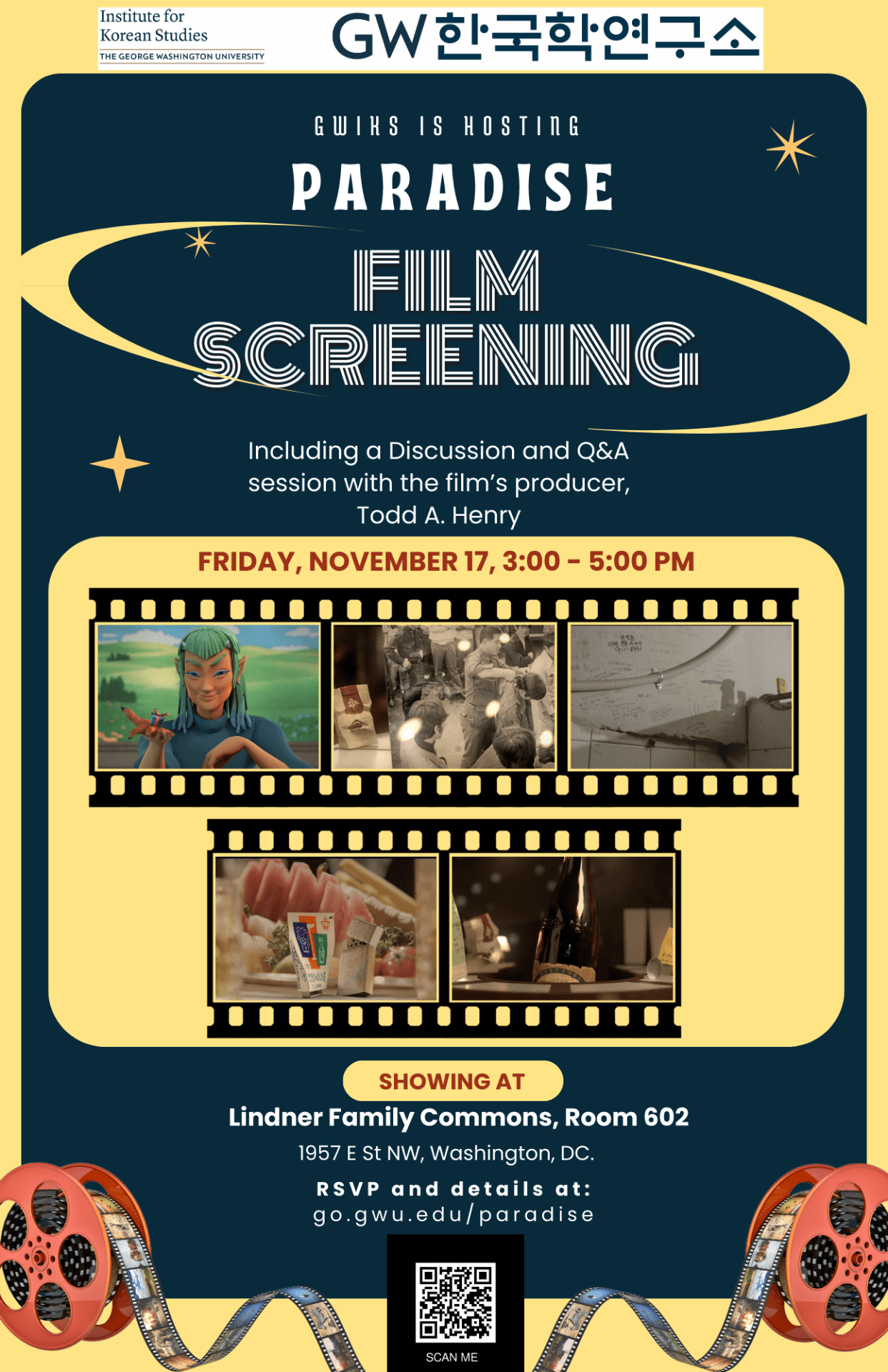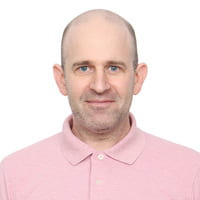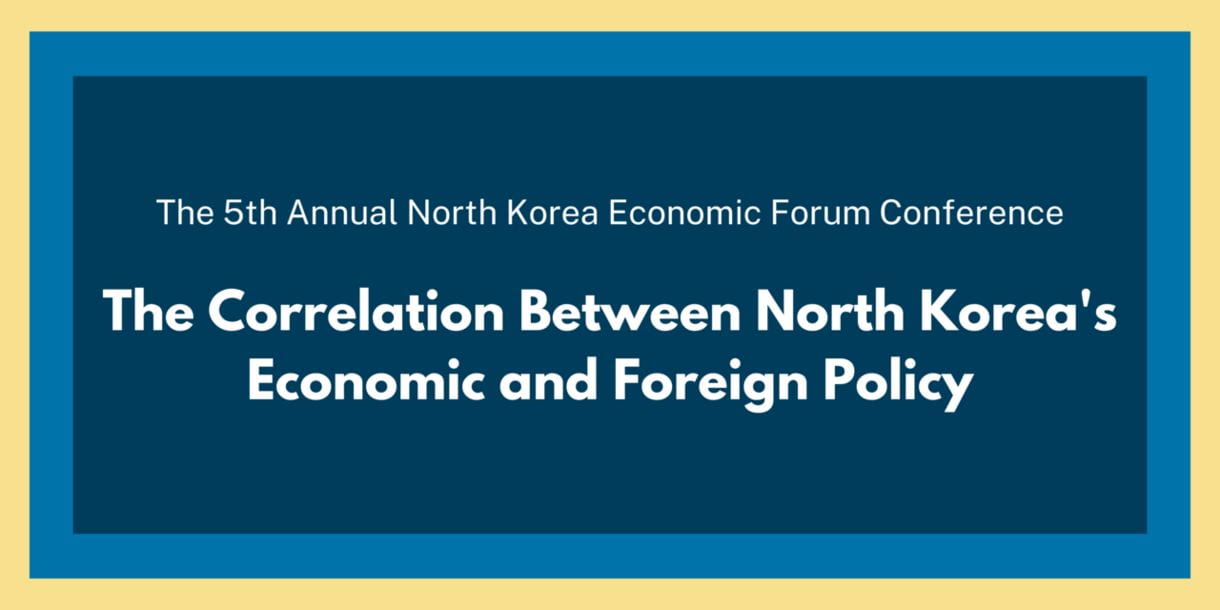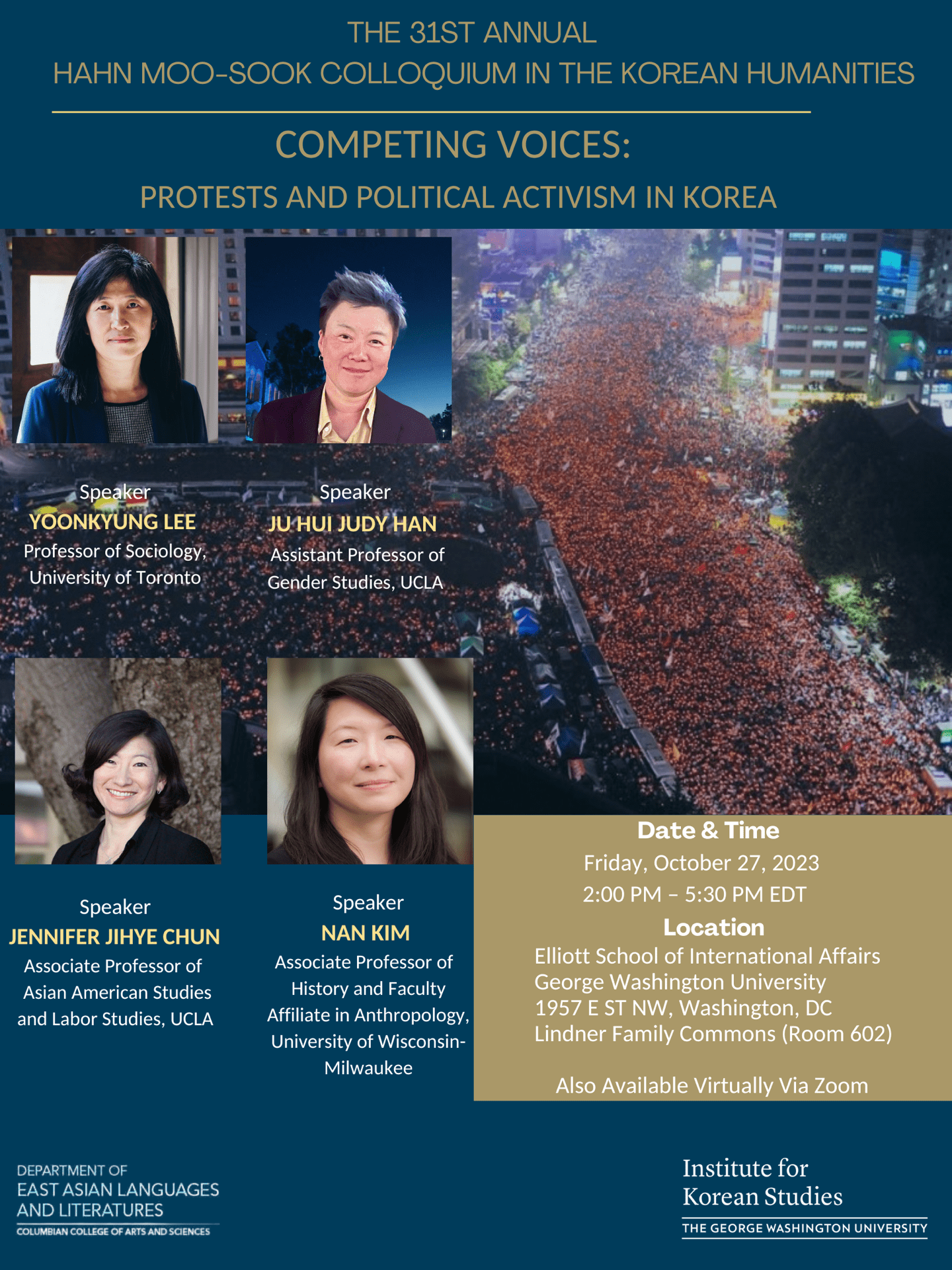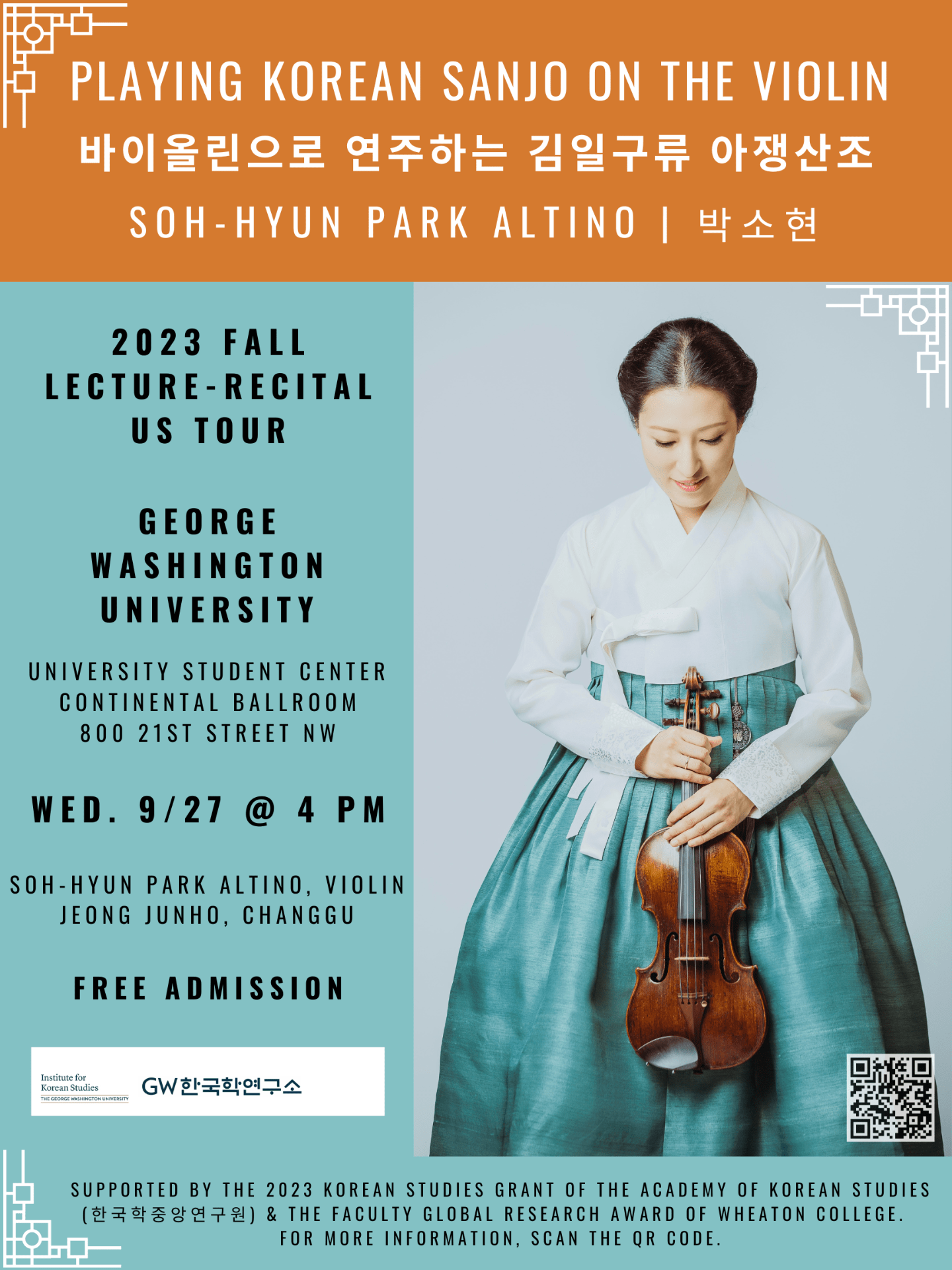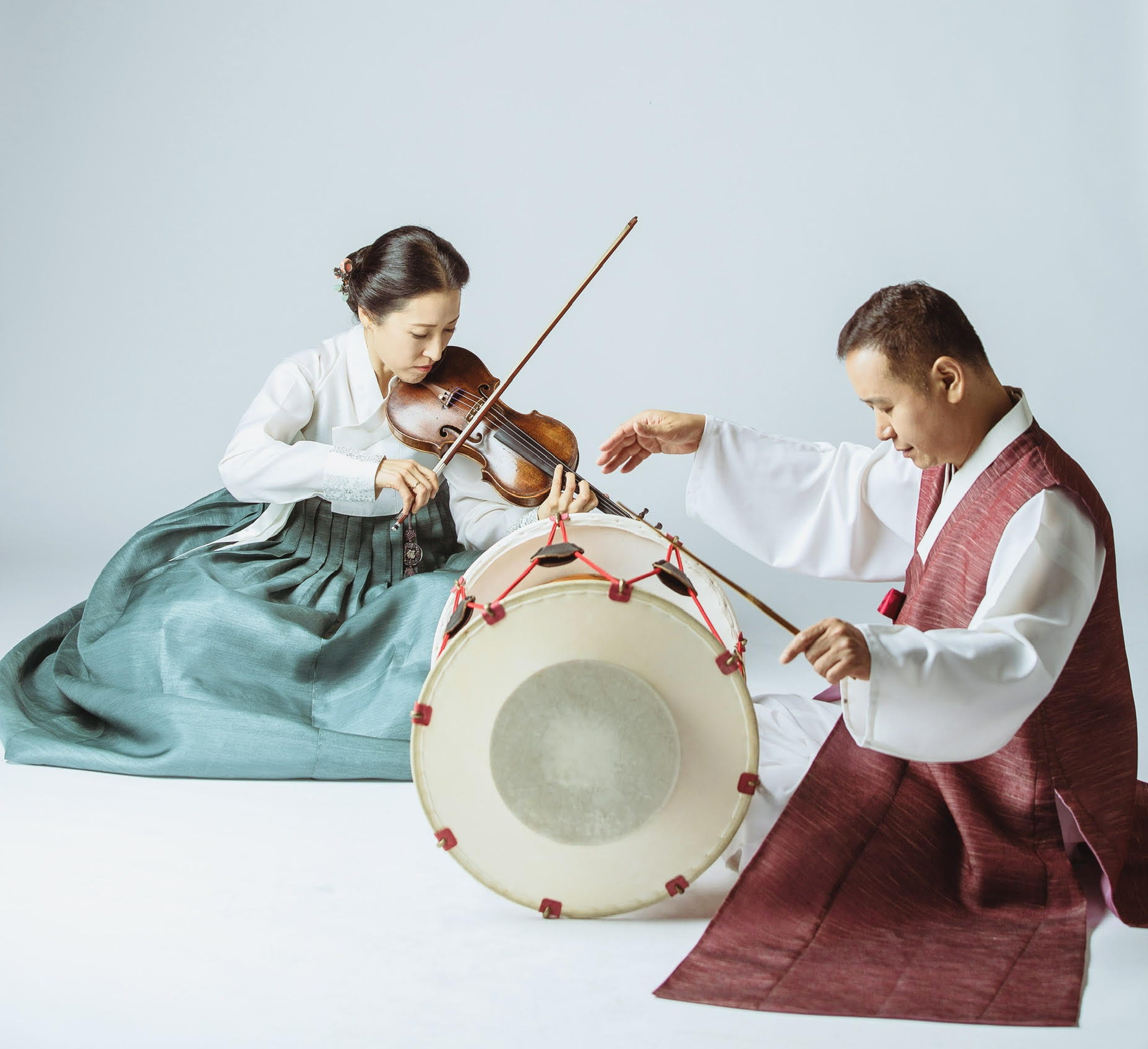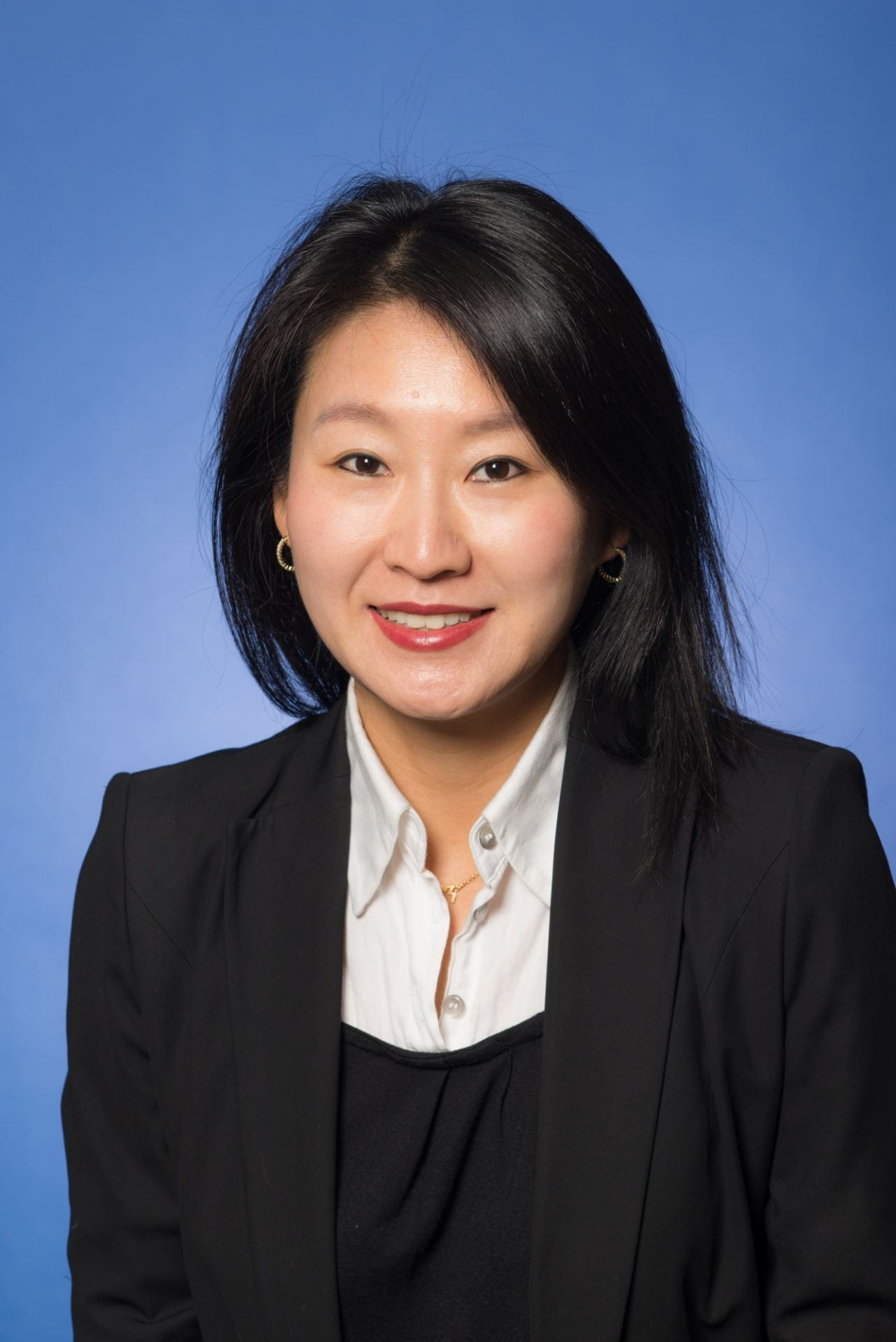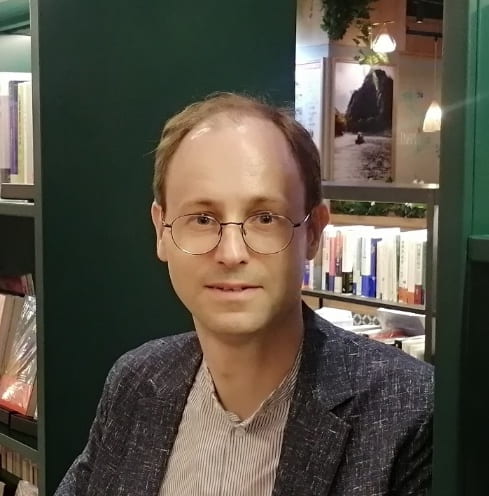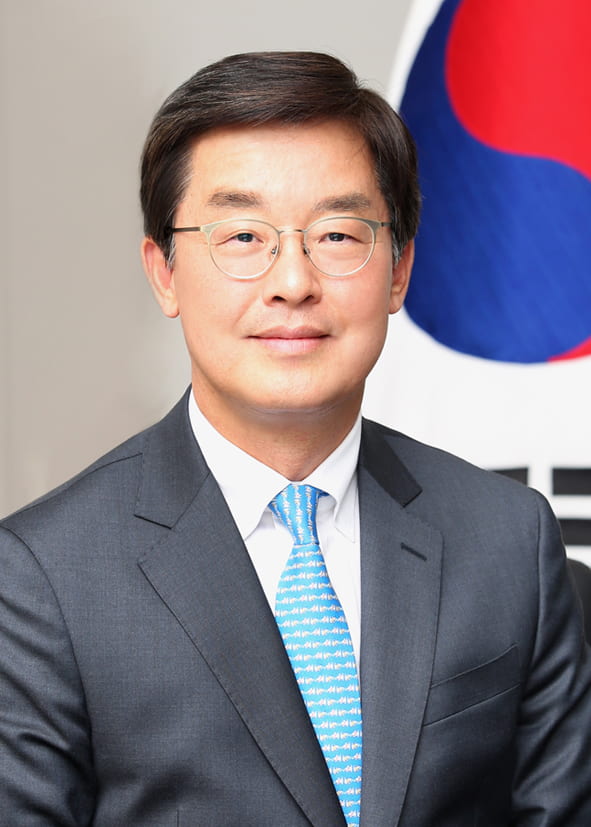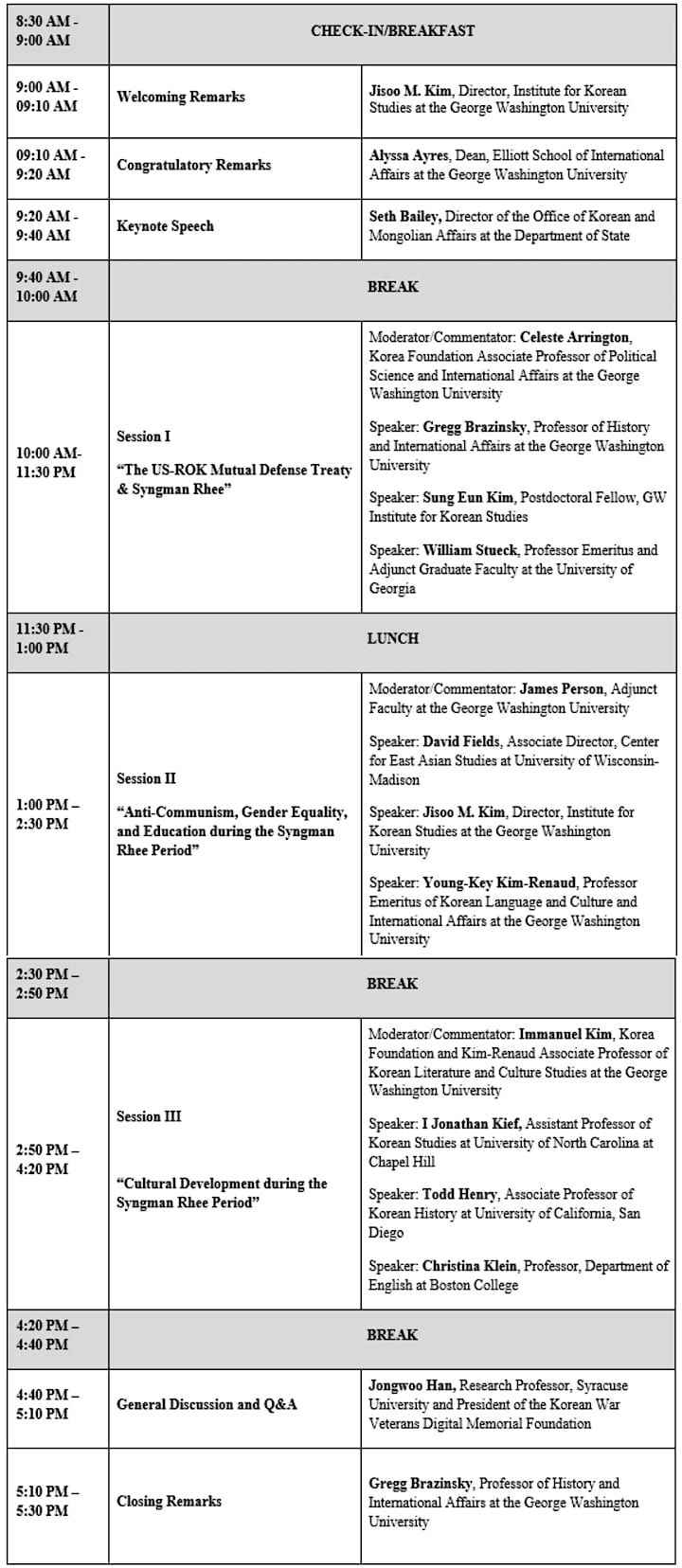Korea Policy Forum
Linking the European and Asian Theaters?:
Strategic Implications of New North Korea-Russia Relations
Wednesday, December 13, 2023
2:00 PM – 3:30 PM EST
Hybrid Event
1957 E Street Northwest Washington, DC
Linder Family Commons, Room 602
Virtual via Zoom
The summit meeting between North Korean leader Kim Jong Un and Russian President Vladimir Putin last September, coupled with the subsequent deepening cooperation between the two nations, carries significant ramifications for the geopolitical landscape in both Northeast Asia and Europe. The potential for North Korea to extend military support to Russia’s actions in Ukraine, combined with the possibilities of enhanced economic and military technology collaboration between Russia and North Korea, poses a substantial challenge to U.S. global geostrategic considerations. These developments also bear noteworthy consequences for the recently established trilateral cooperation framework among the U.S., South Korea, and Japan. The GW Institute for Korean Studies, East Asian National Resource Center, Institute for European, Russian and Eurasian Studies, and the Research Institute for National Security Affairs at the Korea National Defense University warmly invite you to join us for an engaging discussion on this important topic.
Welcoming Remarks
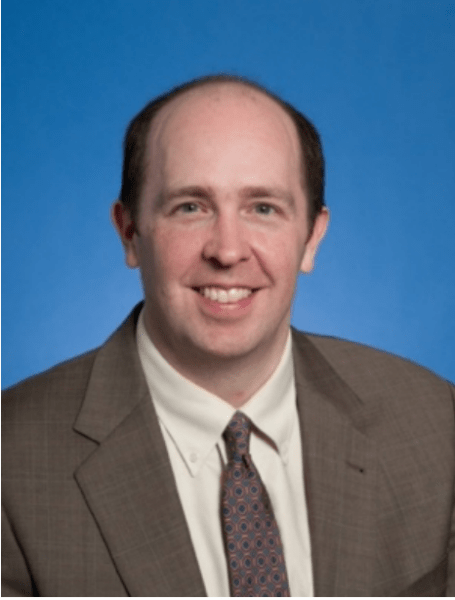
Henry Hale is the Director of the Elliott School’s Institute for European, Russian, and Eurasian Studies and Professor of Political Science and International Affairs. He has spent extensive time conducting field research in post-Soviet Eurasia and is currently working on identity politics and political system change, with a special focus now on public opinion dynamics in Russia and Ukraine. His work has won two prizes from the American Political Science Association and includes the books The Zelensky Effect (Hurst/Oxford 2022) and Patronal Politics (Cambridge, 2015). For the period from 2009-2023, he served as Director or Co-Director of the Program on New Approaches to Research and Security in Eurasia (PONARS Eurasia). Prior to joining GW, he taught at Indiana University (2000-2005), the European University at St. Petersburg, Russia (1999), and the Fletcher School of Law and Diplomacy (1997-98). He is also chair of the editorial board of Demokratizatsiya: The Journal of Post-Soviet Democratization
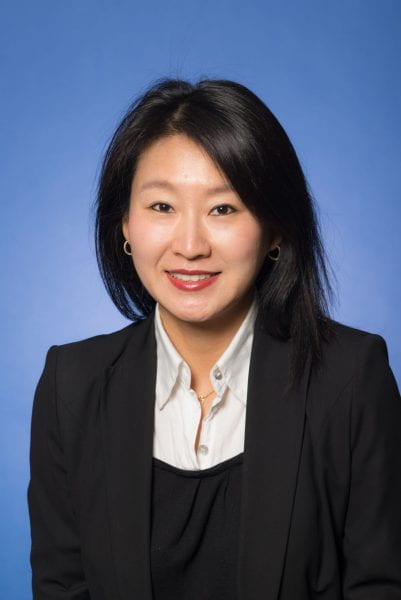
Jisoo M. Kim is the Director of the GW Institute for Korean Studies, the CoDirector of the East Asia National Resource Center, and Korea Foundation Associate Professor of History, International Affairs, and East Asian Languages and Literatures. She also serves as the Editor-in-Chief of the Journal of Korean Studies. She is a specialist in gender, law, and emotions in Korean history. Her broader research interests include gender and sexuality, crime and justice, forensic medicine, literary representations of the law, history of emotions, vernacular, and gender writing. She is the author of The Emotions of Justice: Gender, Status, and Legal Performance in Chosŏn Korea (University of Washington Press, 2015), which was awarded the 2017 James Palais Prize of the Association for Asian Studies. She is also the co-editor of The Great East Asian War and the Birth of the Korean Nation by JaHyun Kim Haboush (Columbia University Press, 2016). She is currently working on a book project tentatively entitled Sexual Desire, Crime, and Gendered Subjects: A History of Adultery Law in Korea. She received her M.A., M.Phil., and Ph.D. in East Asian Languages and Cultures from Columbia University.
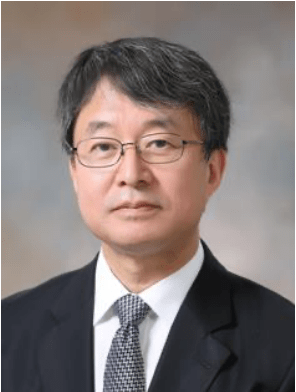
Young-June Park is the Director General of the Research Institute for National Security Affairs at Korea National Defense University and Professor of the College of National Security. He also conducted research as a visiting scholar at the program on U.S.-Japan relations of Harvard University from 2010 to 2011 and 2015 to 2016. He published and co-authored several books and dozens of articles focusing on the issue of Japanese security policy and East Asian security affairs, including The Third Japan (in Korean, 2008), International Politics of Security (in Korean, 2010), The Status and Tasks of International Security in the 21st Century (in Korean, 2011), The Birth of Navy and Making of Modern Japan (in Korean, 2014), South Korea‘s National Security Strategy: Evolution and Challenges (in Korean, 2017), and Imperial Japan’s Wars, 1868-1945 (2020). He has served as a policy adviser for South Korea’s National Security Council, the Ministry of Foreign Affairs, the Ministry of Unification, the ROK-US Combined Forces Command, and the Korean Navy. He also served as President of the Korea Political and Diplomatic History Association from 2021 to 2022. He received his B.A. in political science from Yonsei University, M.A. in international relations from Seoul National University and Ph.D. in international relations from the University of Tokyo.
Speakers

Patrick Cronin is the Asia-Pacific Security Chair at Hudson Institute and a Scholar in Residence at Carnegie Mellon University. Much of his career has centered on Asian security research in major research institutions, including as Senior Director of the Asia-Pacific Security Program at the Center for a New American Security (CNAS); Senior Director of the Institute for National Strategic Studies (INSS) at the National Defense University; Director of Studies at the London-based International Institute for Strategic Studies (IISS); Senior Vice President and Director of Research at the Center for Strategic and International Studies (CSIS); and Director of Research at the U.S. Institute of Peace. Cronin served as the third-ranking official at the U.S. Agency for International Development (USAID) during the George W. Bush administration. He also served as an Intelligence Officer in the U.S. Naval Reserve. A prolific author and frequent media analyst, Cronin earned his doctorate and master’s degrees in international relations from the University of Oxford in the United Kingdom and his undergraduate degree from the University of Florida.
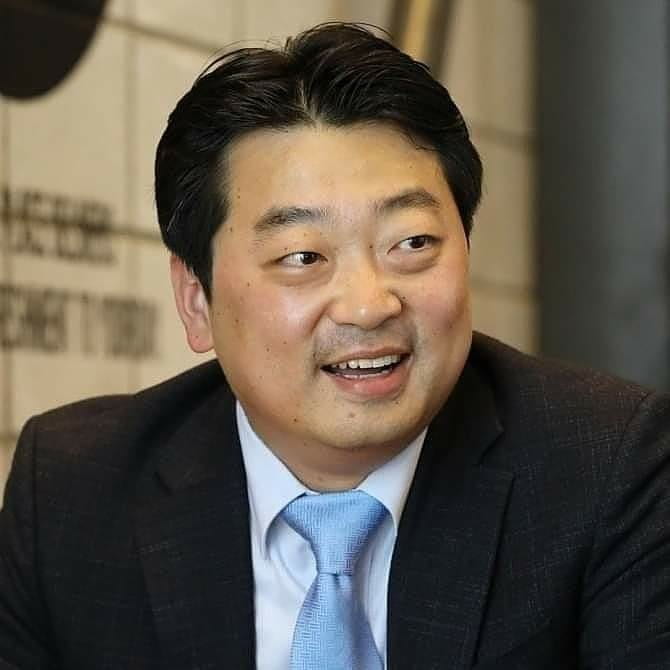
Young-jun Kim is the Director of the Center for Northeast Asian Affairs and Center for North Korean Affairs at the Research Institute for National Security Affairs at the Korea National Defense University and Professor of the National Security College. He is a member of the National Security Advisory Board for the Republic of Korea President’s Office (the Blue House). His recent publications include Origins of the North Korean Garrison State: People’s Army and the Korean War at Routledge (2017). He is a policy advisor on North Korean issues for the National Security Office of the ROK President’s Office, the National Assembly, the Ministry of Foreign Affairs (MOFA), the Ministry of National Defense (MND), the Ministry of Unification, the National Intelligence Service, the Joint Chief of Staff and the ROK-US Combined Forces Command. He is the Managing Editor of Korean Journal of Nuclear Nonproliferation and Energy sponsored by the Ministry of Foreign Affairs and the Executive Director for the Korea Nuclear Policy Society, the Korean Political and Diplomatic History Association, the Korea Political Science Association, and the Korea Defense Policy Association.
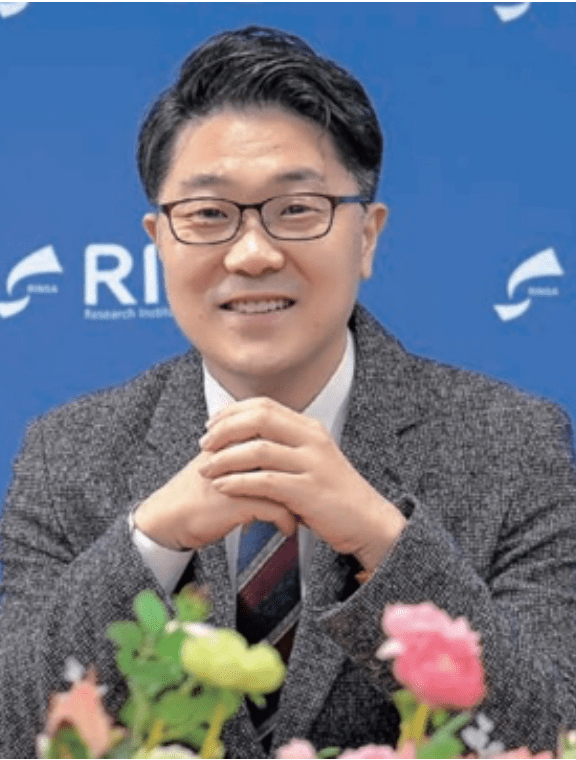
In-hyo Seol is the Director of the Center for Northeast Asian Research at the Research Institute for National Security Affairs of KNDU and Professor in the Military Strategy Division at Korea National Defense University. Since 2013, he has worked at the Division of Defense Strategy of the Korea Institute for National Defense, where he has researched U.S. defense and military strategy and the ROK-U.S. alliance and served as the head of the Current Defense Issues Analyses team from 2018 to 2021. His previous positions include serving as a visiting fellow at the U.S. National Defense University (NDU), the Director of the Defense Division of the Korean International Political Science Association, an advisor to the Joint Chiefs of Staff., a visiting researcher at the University of Maryland’s CIDCM Institute, Lecturer in the Department of Political Science at Seoul National University, and as a post-doctoral researcher at Yonsei University. He received his B.A. in international relations and Ph.D. in diplomacy from Seoul National University.
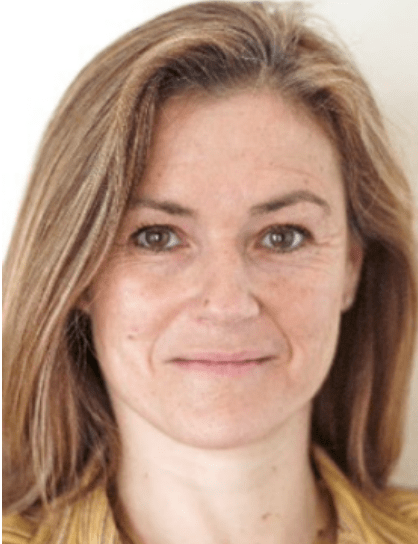
Sharon Squassoni is Research Professor at the Institute for International Science and Technology Policy, Elliott School of International Affairs, at the George Washington University. Previously, she directed the Proliferation Prevention Program at the Center for Strategic and International Studies and was a Senior Scholar at the Carnegie Endowment for International Peace. She has specialized in nuclear nonproliferation, arms control and security policy for three decades, serving in the US government at the Arms Control and Disarmament Agency, the State Department, and the Congressional Research Service. She received her B.A. from the State University of New York at Albany, M.A. in public management from the University of Maryland, and a M.A. in national security strategy from the National War College
Moderator
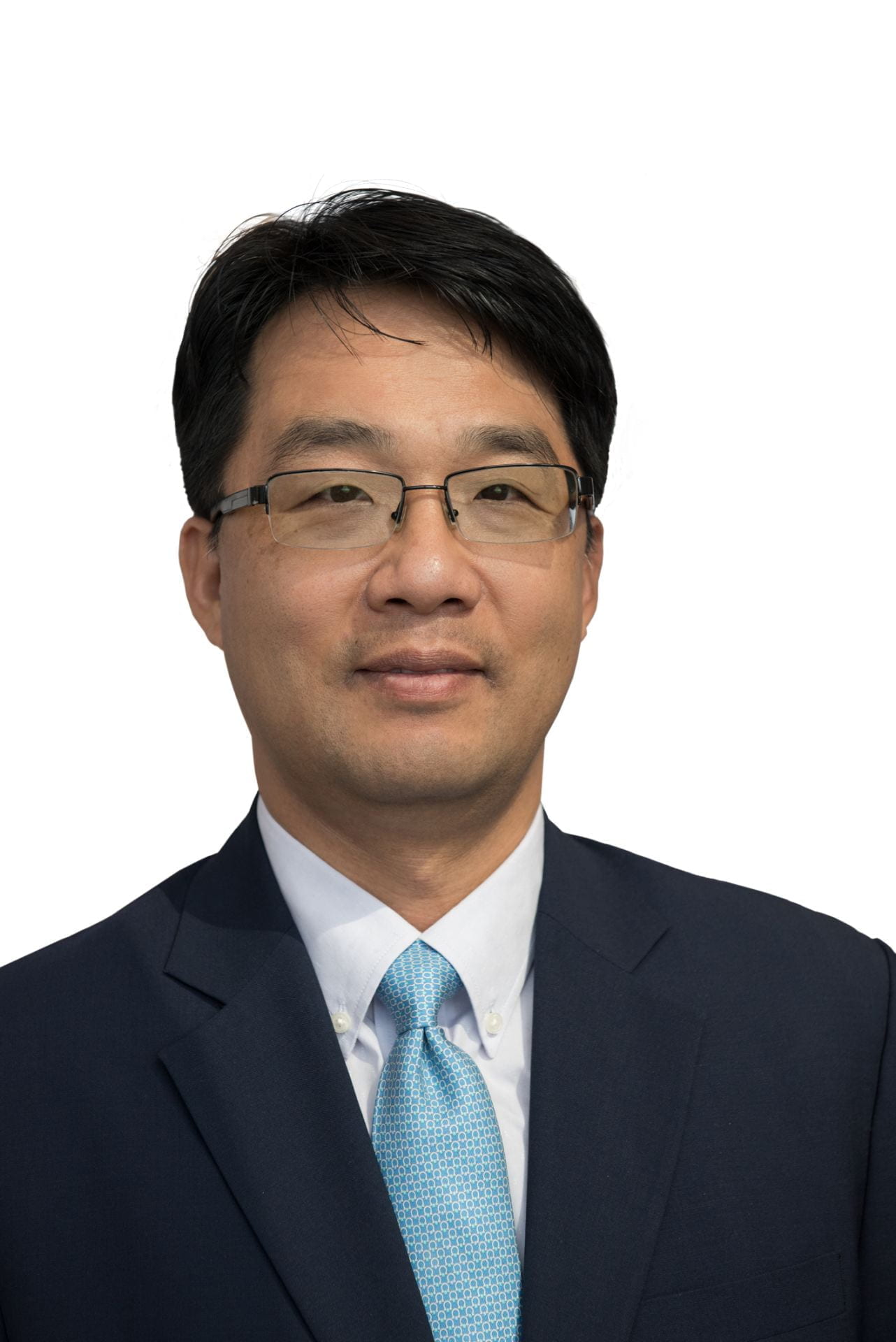
Yonho Kim is an Associate Research Professor of Practice and the Associate Director of GW Institute for Korean Studies. He specializes in North Korea’s mobile telecommunications and U.S. policy towards North Korea. Kim is the author of North Korean Phone Money: Airtime Transfers as a Precursor to Mobile Payment System (2020), North Korea’s Mobile Telecommunications and Private Transportation Services in the Kim Jong-un Era (2019) and Cell Phones in North Korea: Has North Korea Entered the Telecommunications Revolution? (2014). His research findings were covered by various media outlets, including Wall Street Journal, The Atlantic, Yonhap News, and Libération. Prior to joining GWIKS, he extensively interacted with the Washington policy circle on the Korean peninsula as Senior Researcher of the U.S.-Korea Institute at Johns Hopkins University School of Advanced International Studies, Senior Reporter for Voice of America’s Korean Service, and Assistant Director of the Atlantic Council’s Program on Korea in Transition. He holds a B.A. and M.A. in International Relations from Seoul National University, and an M.A. in International Relations and International Economics from Johns Hopkins University School of Advanced International Studies.
